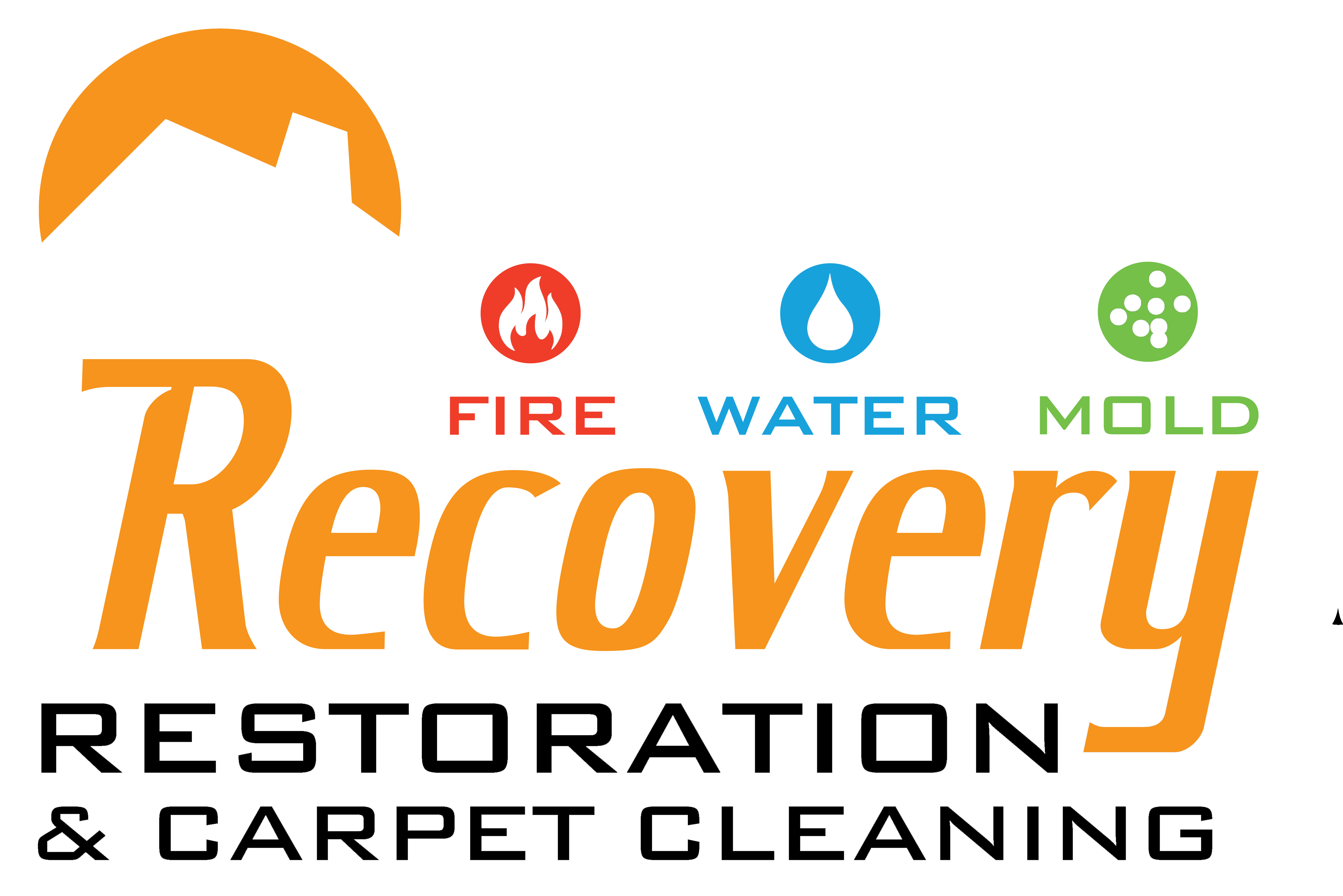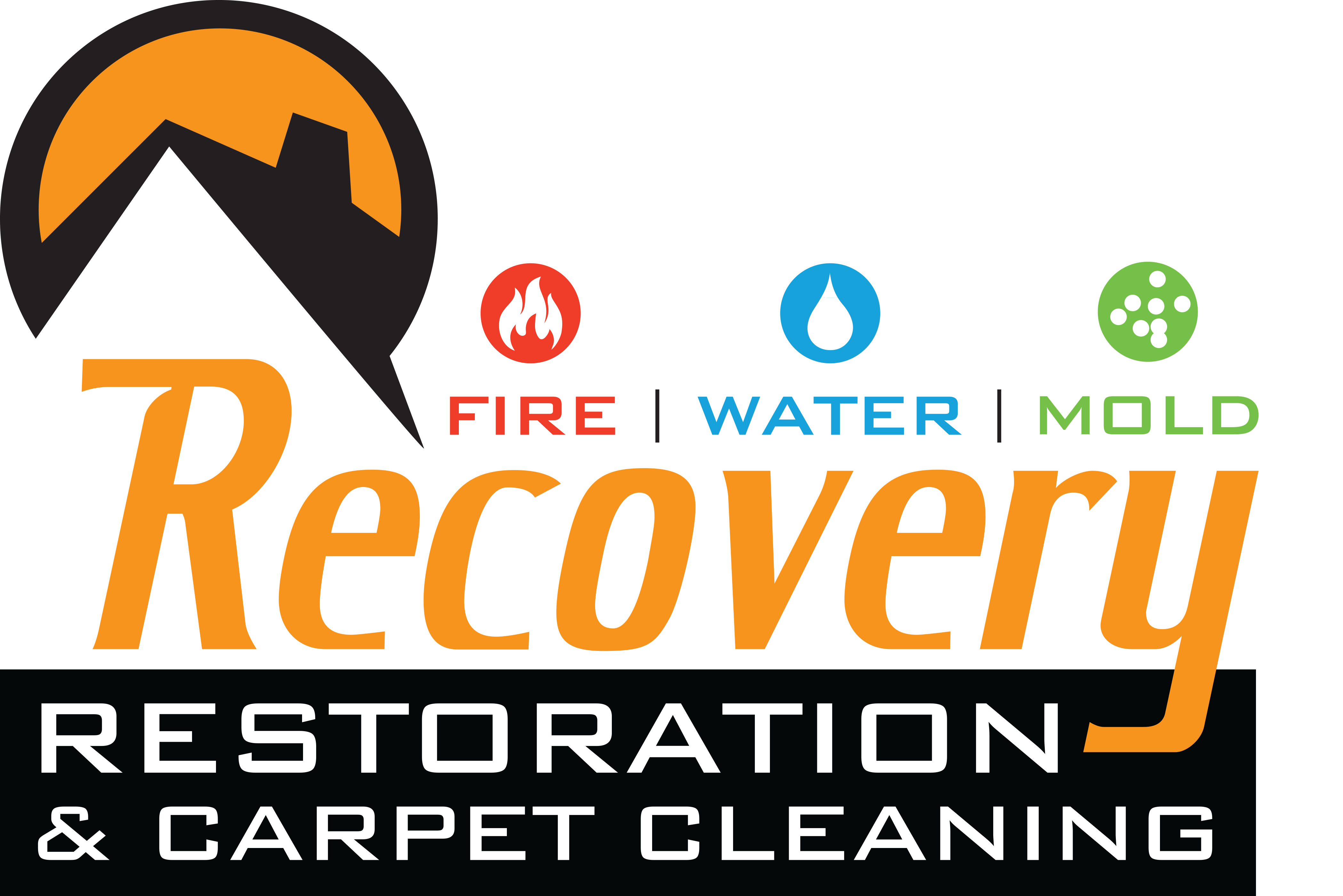Click the plus signs to find the answers to your questions.
Frequently Asked Questions
How quickly can my home or office dry?
A combination of factors determines drying time. This includes location, the source of water, weather conditions and more. It may take between three and five days or more, depending on the conditions.
How do I know if my home or office is completely dry?
Your carpet may feel dry, but padding and subfloors tend to remain wet underneath. Our specialized equipment determines the actual dryness of your property.
My home has been flooded, Why does it smell?
Increased heat and humidity leads to increased odors, but it doesn’t necessarily mean that you should be worried about mold. You’ll notice these odors disappearing on their own as the drying process continues. Using deodorizers helps minimize these effects as well.
Do I need to move everything for the restoration process?
Not necessarily. We’ll let you know in advance if any items need moving.
May I walk around the affected area during the drying process?
We suggest minimum traffic during the drying and restoration processes.
How long does the fire restoration process take?
There are many variables and services involved with fire damage, making it difficult to predict exactly how long the complete restoration takes.
Can I clean up the fire damage myself?
We don’t suggest that you clean it yourself without consulting a technician. Professional cleaning systems and products used by trained technicians give you the best chance for complete restoration of your possessions.
Do I need to hire general contractors?
On some occasions items such as drywall, painting, electrical, plumbing, roofing and other valuables require general contractors.
Is mold a vital problem?
Mold causes structural damage to homes and businesses. This causes your property to lose value and require significant repairs. Exposure to molds often causes nasal stuffiness, eye irritation, wheezing or even more severe reactions, especially to those with allergies.
How do I know if I have mold?
Mold tests help identify related microbial activity if you see mold growth or water stains. Look for areas where water leakage has occurred, such as roofs, pipes, ceilings or walls. Musty smells usually indicate the presence of mold.
For more information on Grand Rapids fire restoration and water damage from the experts at Recovery Restoration, contact us here or contact us at 616.229.9545.




